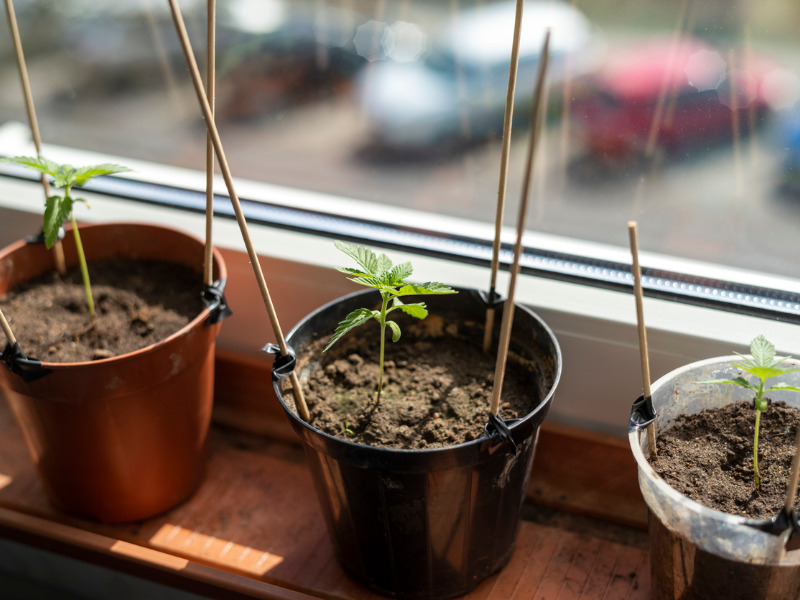Manitoba government plans to lift ban on homegrown recreational cannabis

The Manitoba government is planning to end its ban on homegrown recreational cannabis — a move that would leave Quebec as the only province with such a restriction.
“We’re just allowing Manitobans to have the same rights that people in the rest of Canada have,” Premier Wab Kinew said Tuesday.
After legalizing recreational cannabis in 2018, the federal government set a limit on homegrown plants at four per household.
Manitoba under the former Progressive Conservative government went further and joined Quebec in imposing an outright ban. Manitoba had said a ban would reduce the risk of cannabis falling into the hands of children or making its way on to the black market.
Both bans were challenged in court unsuccessfully.
Kinew, who led the New Democrats to victory in last year’s provincial election, had promised to lift the ban.
Related: How is the cannabis insurance market faring?
His commitment to follow through was welcomed Tuesday by Jesse Lavoie, an activist who lost a court battle against the ban last year and launched an appeal that has yet to be heard.
“I’m very proud to see that (Kinew) and his government have kept their word,” Lavoie said.
Lavoie rejected the previous government’s concerns about safety, saying the concerns did not materialize when medical marijuana was legalized earlier.
A bill to enact the change is expected to be put before the legislature in the coming days, but it’s not clear whether it will be passed into law any time soon.
The NDP government has several promised bills that have yet to be introduced, including one that would ban replacement workers during labour disputes.
It has yet to begin detailed budget hearings, which can last weeks. A bill to enact tax changes announced in the budget has also not yet come forward.
Related: What’s new with cannabis insurance regulations?
The legislative clock is ticking.
The summer break is scheduled to start in early June and run until October. Proceedings are then to resume for only a few weeks before the traditional end of session, when any bills not passed into law are automatically killed.
The Tories, now in Opposition, said the NDP has had weeks to introduce the bills.
“I think there’s been ample time to bring stuff forward if their house was in order,” Tory justice critic Wayne Balcaen said.
Kinew said the NDP government will ensure the bills get passed through the various legislative steps and on to a final vote.
“I’m very confident that our house leader and the rest of the team are going to be able to stickhandle the bills through this legislative session,” Kinew said.
The Tories may have other plans.
They have delayed proceedings on a couple of occasions this spring. On Tuesday, they called for recorded votes on two decisions by Speaker Tom Lindsey, which halted proceedings for roughly one hour each time.
Feature image by iStock.com/MaxImages







